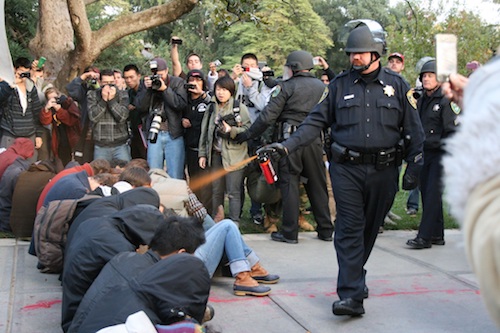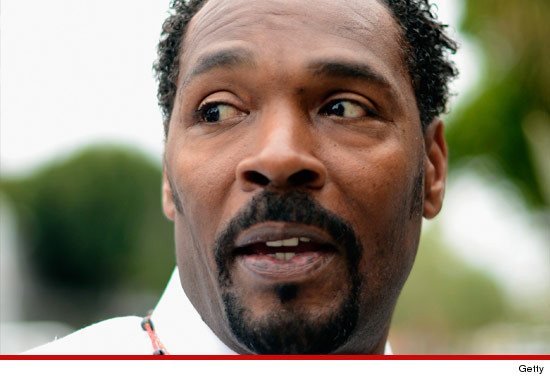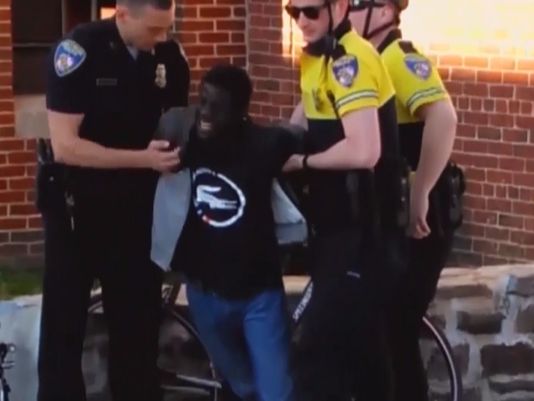I’m getting so excited about the CE weekend in Houston coming up starting the 20th of this month. So many people who’s names I recognize are going to come, so I get to see the flesh and blood behind the name. It’s going to be such an intimate group. Be sure to register before it gets filled up because my house is only so big! Lukas and Annika will be back at college, but you’ll be able to meet Michelle, her husband and their kids, Arleen and Easton, as well as Rune, Robert and Bella.
Here’s Part Three of our All Lives Matter series:
Me: What’s the spiritual contract behind your deaths? Maybe you need to speak individually if the spiritual contract is different, so feel free to do that.
Robert: They want to talk altogether. A bunch of them just showed up now.
Me: Wow!
Robert: I mean people that we haven’t even seen. There’s this little Latino guy. What’s your name?
(Pause)
Robert: Ramo Lopez? Ramon or Ramo Lopez? Okay, anyway, that’s one of them. They’re all showing up.
Me: Is it Ramón?
Robert: Ramón! That’s it!
Me: I don’t know. I never heard of him.
Robert: I knew it was an R name, but I couldn’t figure it out. Okay, what was the spiritual contract?
Me: Mm hm.
All three: To call the attention to the inequities in society, to make everyone aware that we’re all the same, and that we all deserve the same treatment by pulling everybody together. They’s going to be some people on every side that’s going to try to tear that apart, but in the end, you don’t have growth without some kind of resistance. That little bit of resistance fuels everyone else to want to grow in a way that’s healthy. So all these sides, it doesn’t matter what side it is, that might be talking about pulling others apart, they’re all just there to reinforce that we’re all meant to be together by showing us the contrast.
Me: But it seems like it’s made things worse.
Erik: It always feels that way because everything has been stirred up. You know, you stir sediment up in a jar, it looks really horrible, but eventually that stuff is going to settle again.
Me: Okay.
Erik: But the big difference in this case is that the sediment itself, from the spiritual perspective, doesn’t settle to the bottom. It actually heals and dissolves away.
Me: Okay. What do you think should be done as far as the police officers are concerned? Should they get extra training? I mean, what needs to be done to prevent true prejudice? I know that in many cases it’s not prejudice; it’s tactics like you said, but maybe the tactics are wrong. Maybe the arrest protocols need to be changed. Maybe they need sensitivity training. What needs to be done on the side of the law enforcement officers?
(Long pause)
Robert: Okay, they’re all talking together.
All four in unison: People have to learn by example. So we need to have people who are in the public eye or people in leadership in the police force, the government, whatever, that can show people how to behave. Part of that includes realizing that this is not just on a local level. It’s a global level. We have to all treat each other with respect. When they start seeing that, then all of these other things like sensitivity training and stuff doesn’t matter anymore. There’s going to be a certain percentage of the population who, when you throw them into sensitivity training, they’re going to be like, “Fuck this shit. I don’t need someone to tell me how to be sensitive.”
Me: Oh, I know.
All four in unison: And they’re going to resist it.
Erik: That doesn’t solve the problem, either, because people will stay in their own little corners and keep it to themselves, and they’ll have all this resentment inside. That’s not solving anything. Then later down the road, when we get complacent again, all that shit will come up again because it was never healed. So we’ve got to lead by example, collectively as a society, individually, on a local level, all of those things. That then starts to change how people behave, not just the police, but everybody, then all these other things become unnecessary.
Me: Well how can we get there?
Easier said than done.
Erik: That’s part of how we evolve as human beings, and this whole thing about police brutality has come out. It’s because we’re learning as we go by example. We’re seeing that this sensitivity that we need to have for each other is necessary in order for us to have a healthy society. This is part of what we’re doing. We’re doing it already.
Me: But it concerns me a little bit now because, and the FBI director, James Comey said that now police officers are getting to where they’re afraid to do policing in these African American communities, so that leaves the African Americans unsafe. You know, I can see their point. Something can be misconstrued, and there’s so much anti-police sentiment now that they go in and can be executed, which has happened.
Freddie: That’s why I said this from the get-go. It’s all about fear: fear among the police, fear in various communities to be patrolled, and fear is what’s creating all this divisiveness.
Robert gets confused as to who speaks next.
Robert: Who’s speaking now?
(Pause)
Robert: Okay, Erik. I’m sorry, but there are so many of them! They’re everywhere!
He chuckles.
Me: Oh my gosh! You should have sold tickets, man!
Robert (laughing): I know! I wish you could hear them and see them!
He looks around the room, smiling.
Robert: I’m sorry, I lost my… What was Erik going to say?
(Pause)
Robert: I can’t remember what he was going to say now.
Me: Tell his again, Erik.
Robert: I’m trying to reset myself because everybody is here, and it’s throwing me off.
Me: God, it must be hard!
(Long pause)
Erik: It’s about the fear, Mom.
Robert: Oh, oh, oh! Thank you, Erik!
Robert laughs.
Erik: The fear itself is all stirred up right now. It’s like you’ve taken this rock and blown it up, and all the pieces are there. The rock represents fear, and all of the change that’s going on is the bullet that hit that rock, or a bomb or whatever. It blows that rock into all these millions of pieces so it’s spread all out everywhere. That’s why it looks so horrible and seems so much bigger. It’s necessary, though, because, to use the metaphor of the rock, when those pieces all settle, and they will, it won’t look so big and bad anymore. From a spiritual perspective, of course, the rock won’t exist anymore really. We will have processed it and transformed it into something new.
Me: Yeah.
Erik: It’s just going to take some time.
Me: Well how can you get police officers, for example, to not be afraid of policing and doing their job in African American communities?
Freddie raises his hand like a student in a classroom who has the answer.
Me: Aw.
Freddie: Here’s what we have to do. We have to reconnect with our humanity for each other and know that we are all human. So we need to have people in these communities go out and interact with people who are not in their communities to create this camaraderie and connection to each other.
Me: What kind of people? Police officers?
Robert: Well, I was just getting ready to tell you.
Freddie: Ordinary, average, everyday citizens need to be doing that, but then also need police officers to go into these communities to build trust.
Robert: He showed me this visual, and it’s kind of an idealized thing, but it’s an example—of like the police having this little street fair. I don’t see the police doing that, but I think it’s a great idea!
Me: Yeah!
Robert: They can have these little street fairs with dunking booths and all this stuff.
Freddie: This is like fun stuff! This stuff would work wonders. People will have fun; they’ll start to develop attachments with each other, and who doesn’t love cotton candy? If a police officer gives you cotton candy, you’re going to be like, “Man, I like this guy!”
Me: I know! Really! Cotton can save the world! Yay!
Robert laughs hard.
Freddie: You know, it’s funny, but it’s true. It’s simple. It’s so simple. We get into our heads—
Robert: Freddie seems like a well-spoken guy.
Freddie: We get into our heads, and we analyze things, making them so complicated, so we completely forget that to be human is very simple. There’s not a lot of thought that needs to be put into it. You just connect with how you feel, and do onto others as you would have them do onto you.
Me: What about a Big Brother/Little Brother kind of thing where a police officer can take one African American youth under his or her wing, you know, take him on his route, invite him over for dinner with the family and things like that?
Robert: Yeah, for me, personally, I think that’s a great idea, and all of them do to. (He waves his arm around the room.)
Erik: Anything to build trust while creating some levity.
Me: And love. Love. Connection.



